The Life Of A Legend: Patty Sheehan
May 5, 2022
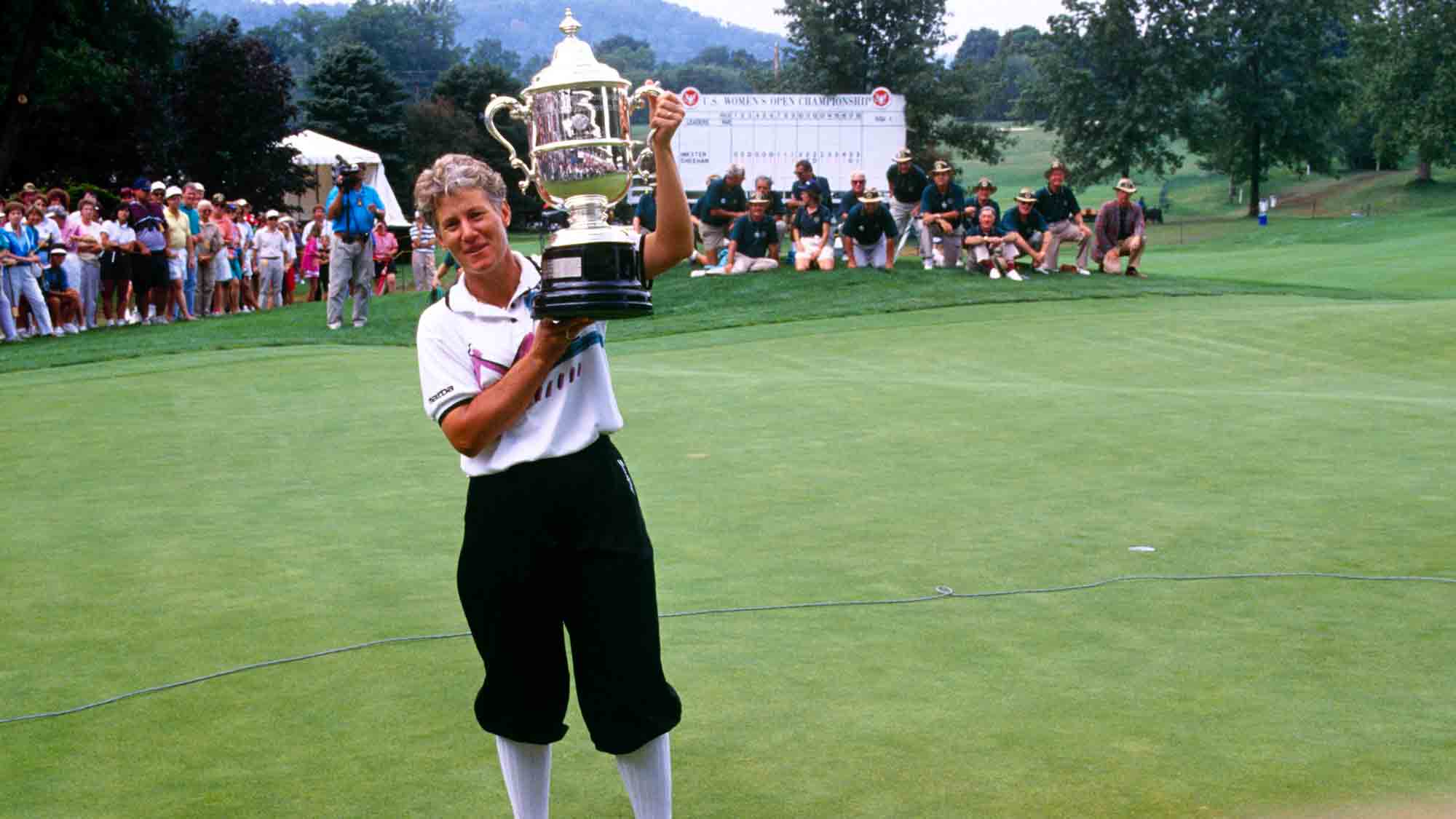
Madison Donley is a senior journalism student at Northwestern University and a member of the Women's Soccer team. She is currently interning at the LPGA.
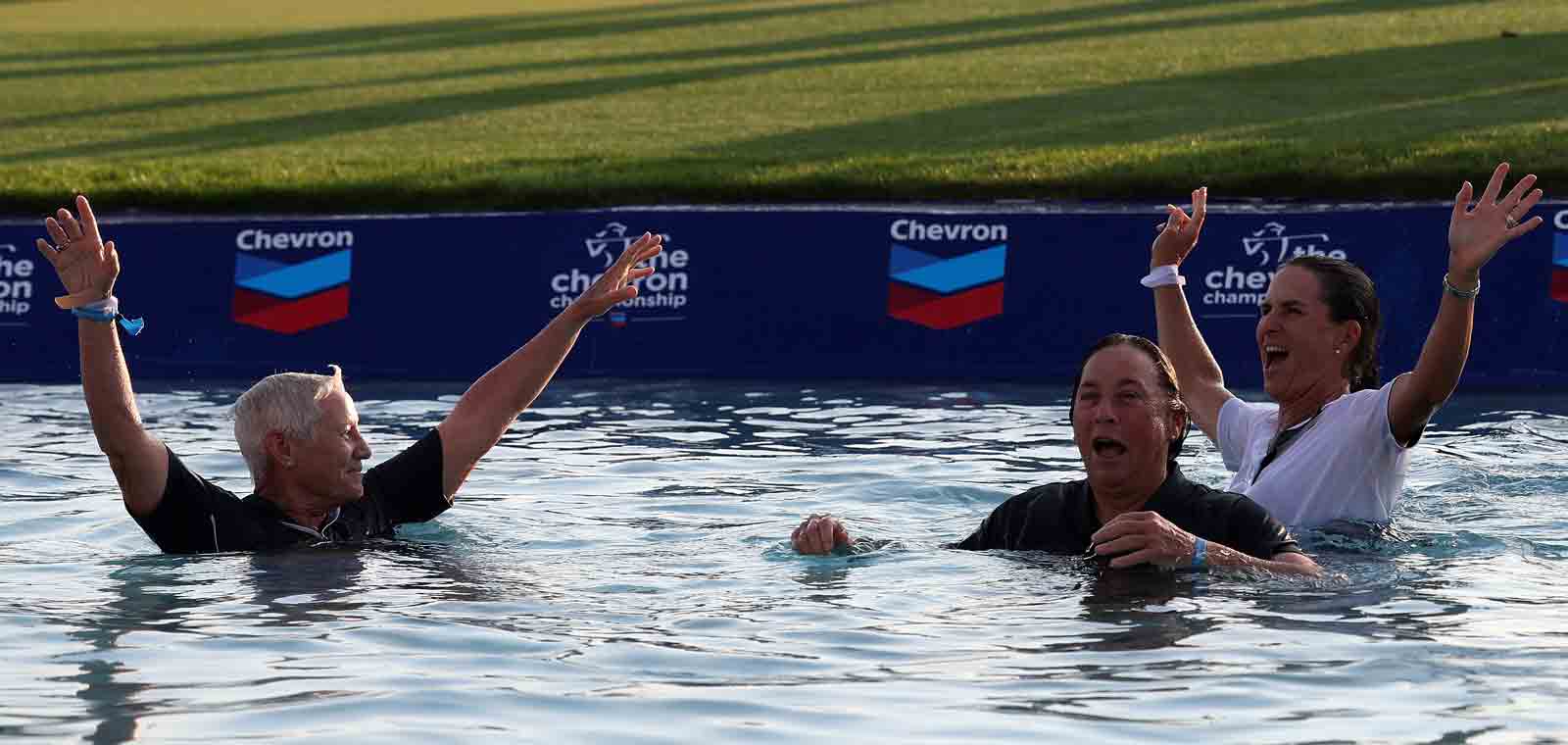
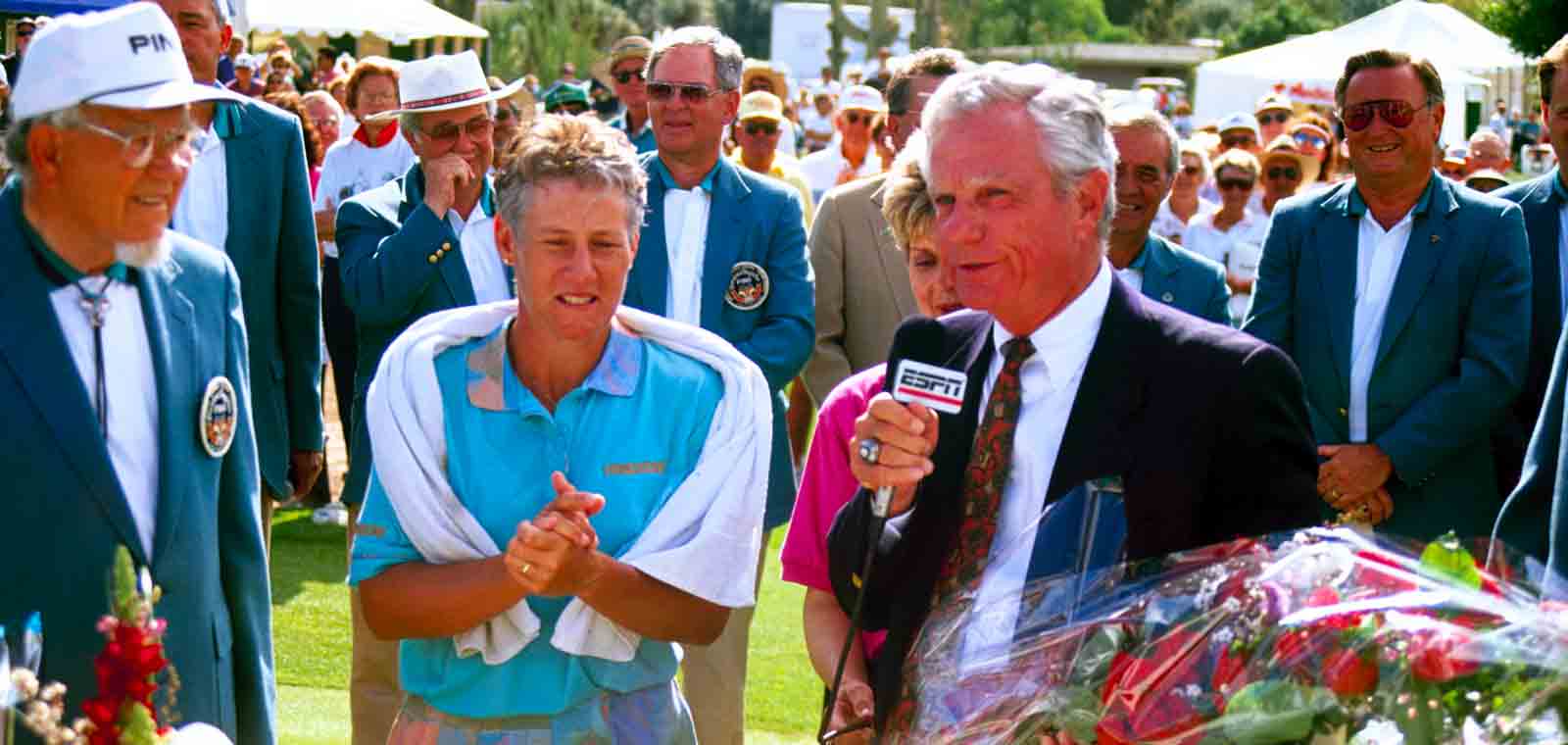
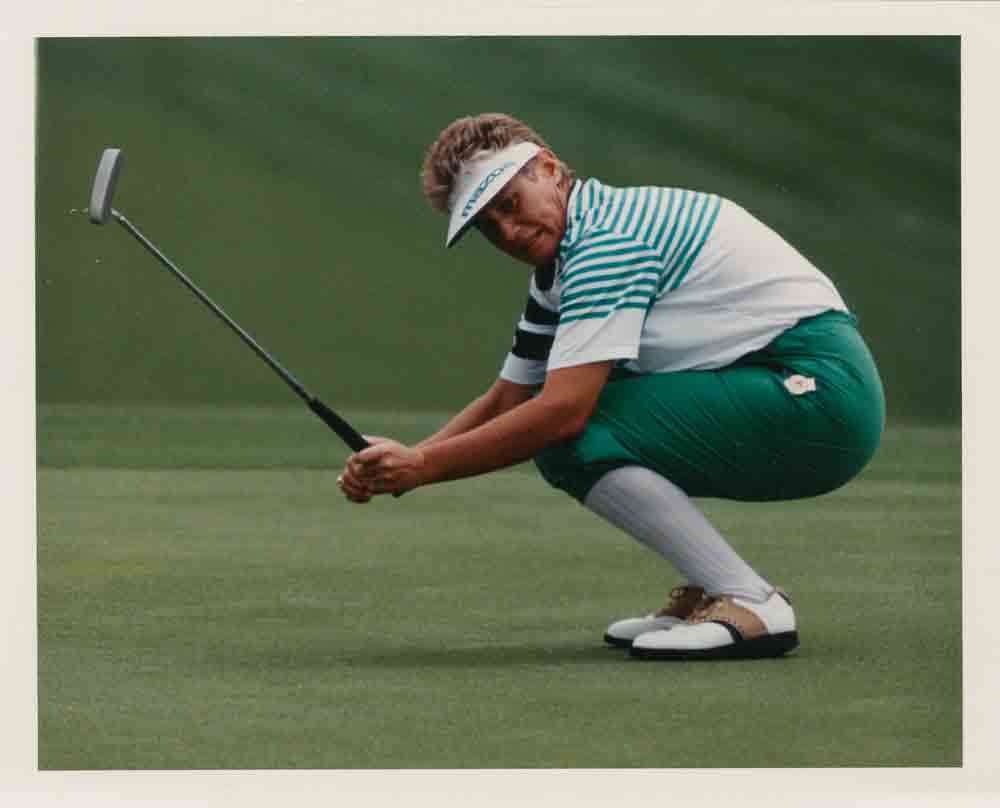
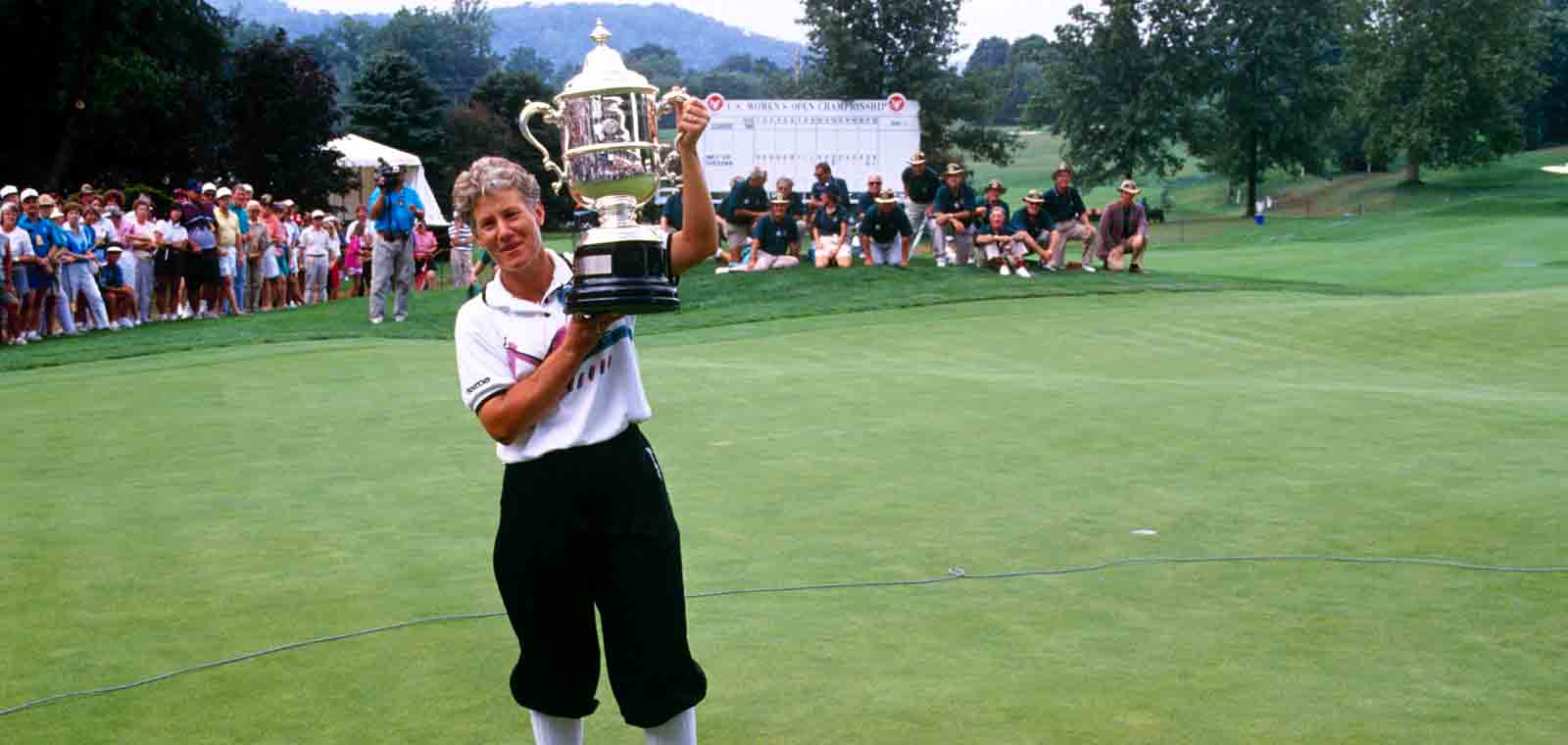
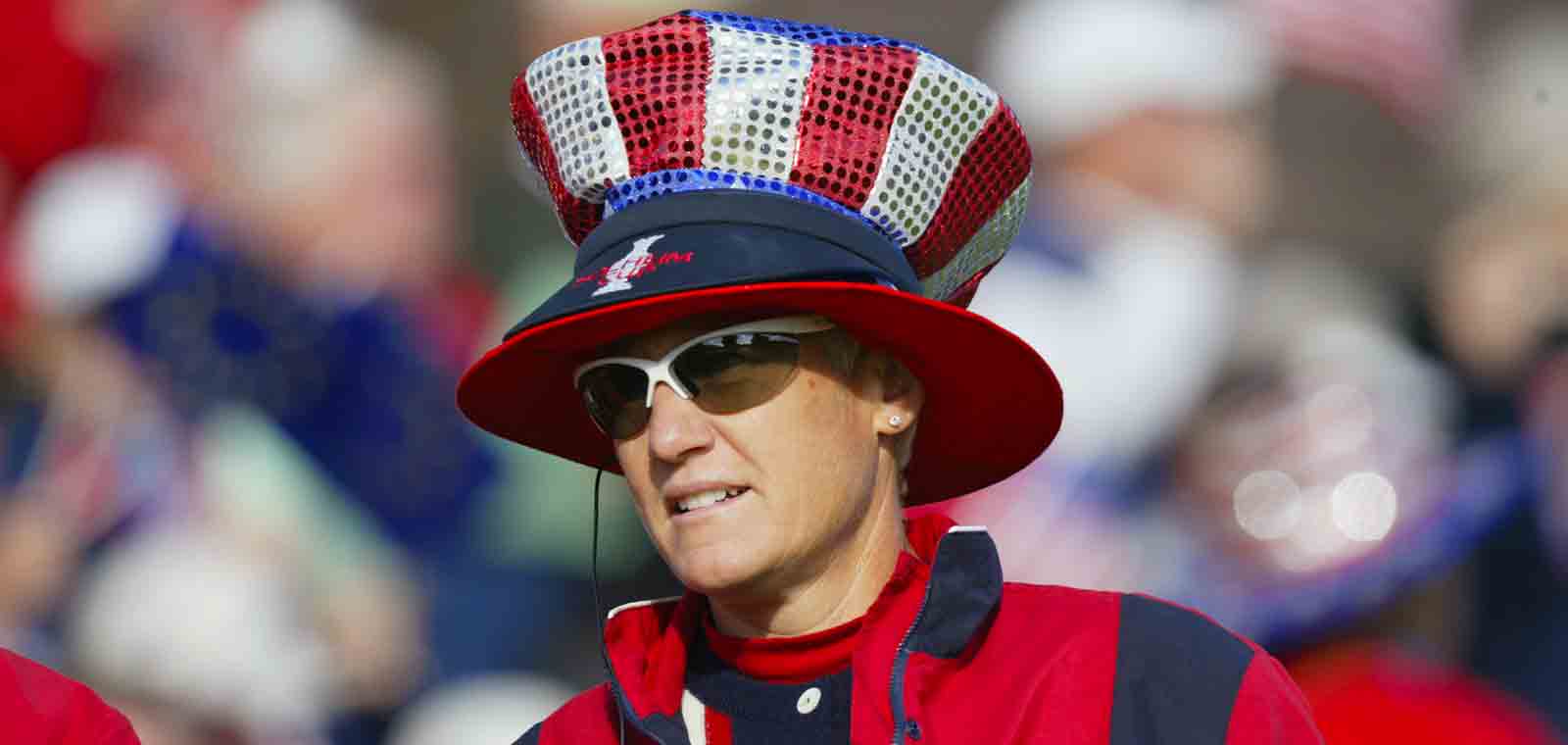
May 5, 2022

Madison Donley is a senior journalism student at Northwestern University and a member of the Women's Soccer team. She is currently interning at the LPGA.




